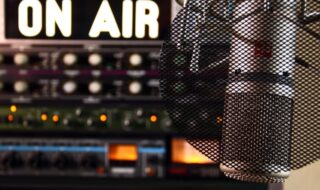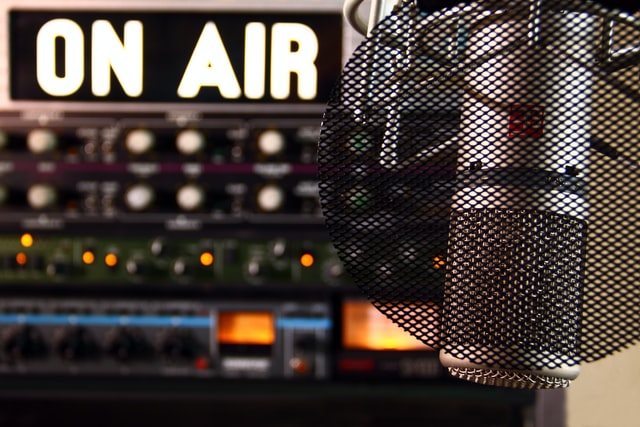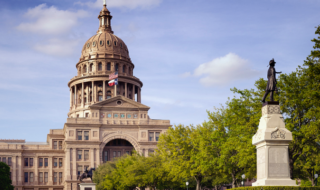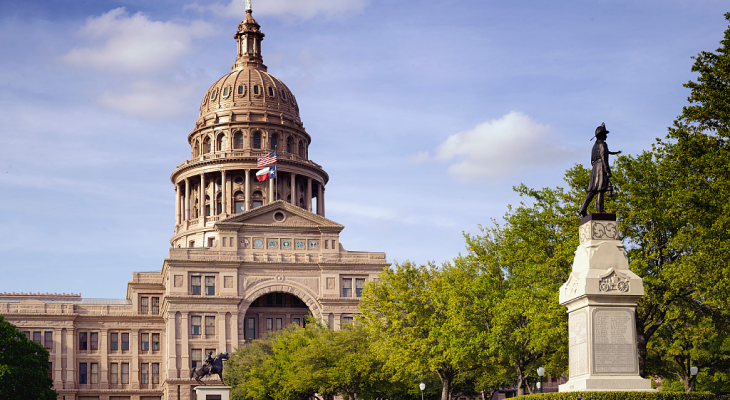April 23, 2021
What’s Under the Shell Bill? Income Tax Changes
State Director Bob Hallstrom reports from Lincoln on the small-business agenda for the legislative and political week ending April 23
Legislative activity slowed to a crawl as lawmakers spent considerable time debating bills (Legislative Bill 2 and Legislative Bill 408) designed to provide property tax reforms. With much work on priority bills yet to be completed, late-night sessions are expected to become the rule, rather than the exception for the balance of the session, and the Speaker of the Legislature, who had previously announced that late-night sessions would typically run until approximately 7 p.m., has alerted the body that they may be staying later in the evenings than initially anticipated to complete the state’s work.
Budget Package Sent to Governor
Lawmakers gave final approval on Tuesday to the $9.7 billion, two-year state budget, leaving approximately $205 million for other legislative priorities during the next two years. Gov. Pete Ricketts has until the end of the day on April 26 to sign or veto the budget bill in its entirety, or to exercise his line-item veto authority to target specific budget items.
The final budget establishes a robust cash reserve equal to about 14% of annual revenues and restricts spending growth to a two-year average of 1.7%. The budget also provides $1.5 billion in direct property tax relief over the next two years, lays the groundwork for a new $230 million prison, allocating $15 million to planning design and site selection and also sets aside $15 million for prison alternatives and programs.
Other major issues addressed by the budget include:
- increased payment rates for health and human service providers
- building maintenance needs at the University of Nebraska
- investments in economic and workforce development, such as job training, venture capital for entrepreneurs and scholarships for students in high-demand fields.
Lawmakers Focus on Property Tax Issues
The Legislature engaged in significant debate during the past week on a series of bills intended to address high property taxes in Nebraska. The week started with consideration of LB 2, a bill introduced by Sen. Tom Briese (Albion), which would give agricultural landowners a property tax break when funding school bond issues and it proposed to automatically increase the state’s Property Tax Credit Fund by 3% a year. The bill would reduce the valuation of agricultural land from 75% of its actual value to 50% with respect to the portion of the tax levy used for school bond issues. Prior to advancing the bill to Select File, the provisions increasing the state’s Property Tax Credit Fund by 3% a year were stripped from the bill.
On Thursday, lawmakers turned their attention to LB 408, also introduced by Senator Briese and designated as a priority bill by Sen. Suzanne Geist (Lincoln), which provides a formula for restraining local property tax increases. As originally introduced, LB 408 would limit annual property tax increases by political subdivisions to 3% plus amounts equal to real growth (through property improvements or annexation) and any increases required to pay commitments on approved bonds.
In advancing of the bill to the floor of the Legislature, the Revenue Committee proposed amendments:
- to allow for increases in property taxes, as long as revenue growth does not exceed 9% over a three-year period
- authorized the governing board to temporarily override the limitation for a two-year period, if necessary
- placed a “sunset” on the bill after six years.
Further refinements were proposed by Senator Briese which would provide exceptions to the property tax increase limitations:
- for funds budgeted for limited capital improvements, such as safety, fire, or flood restoration, environmental and accessibility projects
- for increased wages and benefits resulting from Commission on Industrial Relations rulings
- for school districts that lose state funding due to limits and property valuations that would be authorized to recapture lost funds from the state.
The bill received extended debate and a “cloture motion” to cease debate and vote on advancement of the bill, which requires 33 votes, was defeated on a vote of 29-8, effectively removing the bill from further consideration this year.
Yes: Senators Aguilar, Albrecht, Arch, Bostelman, Brandt, Brewer, Briese, Clements, Dorn, Erdman, Flood, Friesen, Geist, Gragert, Groene, Halloran, B. Hansen, Hilgers, Hughes, Lindstrom, Linehan, Lowe, McDonnell, Moser, Murman, Sanders, Slama, Vargas and Wayne.
No: Senators Blood, J. Cavanaugh, M. Cavanaugh, DeBoer, M. Hansen, Hunt, McKinney, Morfeld.
Present – Not Voting: Senators Bostar, Day, Hilkemann, Kolterman, Lathrop, McCollister, Pahls, Pansing Brooks, Stinner, Williams and Wishart.
Excused – Not Voting: Senator Walz.
Tax and Spending Measures on Docket
Speaker of the Legislature Mike Hilgers (Lincoln) has announced that the next two weeks of floor debate will be primarily focused on taxation and spending bills, with the Speaker announcing a list of 23 bills that will be considered over the next two weeks. Among the bills expected to be debated, for which the NFIB has established a position of support or oppose, are the following:
- Legislative Bill 388 – Nebraska Broadband Bridge Act: Introduced by Sen. Curt Friesen (Henderson), LB 388 would appropriate $20 million annually, beginning with fiscal year 2021-22, to facilitate and fund the development of broadband networks in unserved and underserved areas. The bill would create grants to be used for development costs for a qualifying project and require matching funds from political subdivisions making application for a grant, equal to 50 percent of the total development costs. (NFIB Position – Support)
- Legislative Bill 432 – Income Tax – “Shell Bill”: As introduced by the Revenue Committee, LB 432 would sunset the current individual and corporate income tax rates for years beginning on or deemed to begin on or after January 1, 2022. Designed to serve as a “placeholder” bill by the Revenue Committee, the bill was amended prior to being advanced, with the provisions of LB 680. The amendment would create parity between the highest marginal individual income tax rate of 6.84% and the top marginal corporate income tax rate of 7.81% by reducing the tax rate on corporate income in excess of $100,000 from 7.81% to 6.84% beginning January 1, 2022. Nebraska’s corporate income tax currently has two brackets. The first $100,000 of taxable income is taxed at 5.58%, with all taxable income in excess of $100,000 taxed at a marginal rate of 7.81%. (NFIB Position – Support)
Previous Reports and Related Information
- April 2—Tax Reform/Relief Bills Advance
- February 26—A $20-an-hour Minimum Wage?
- February 12—NFIB Members Weigh in on Paid Leave Bill
- January 15—The Legislative Bill Mill Starts Turning
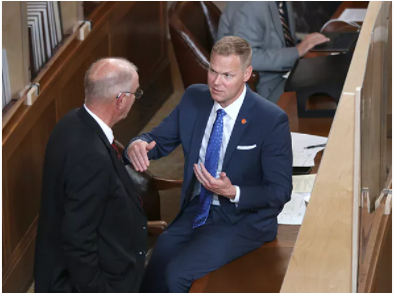
NFIB is a member-driven organization advocating on behalf of small and independent businesses nationwide.
Related Articles
